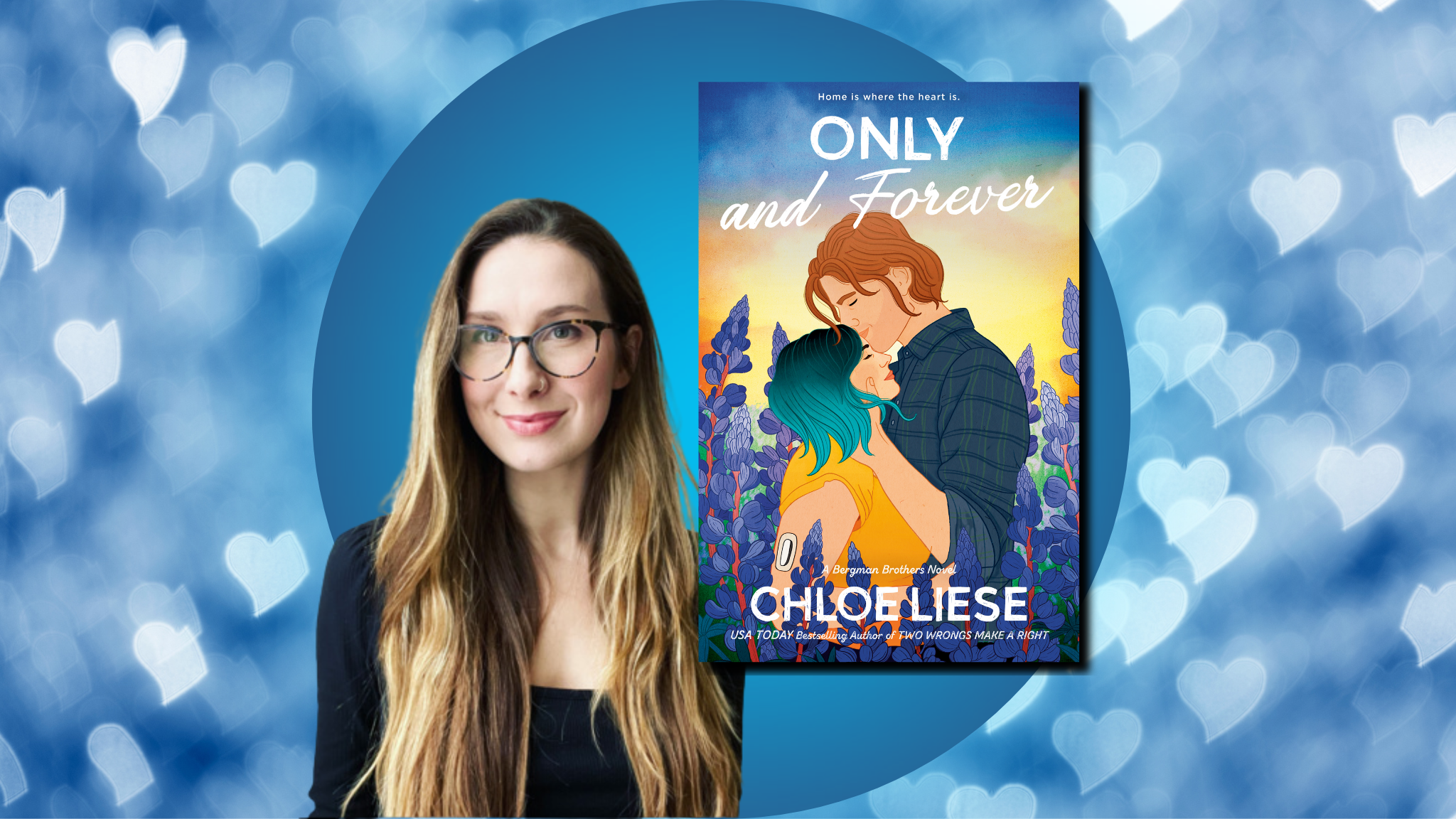Widely read and deeply loved, the romance genre brings its readers joy, touches our hearts, and makes us swoon. But perhaps, most of all, we romance readers love this genre because, even when struggles come and conflict makes things messy, the promise of happily ever after awaits. In romance, unlike any other genre, by the time we turn that final page, joy triumphs, love wins, and that is comforting.
This reassuring promise, the emotional safety it engenders, is what first drew me to read romance. And it is also what inspired me to write it, with the hope of expanding that emotional comfort and safety beyond the guarantee of happily ever after to an experience in which readers felt safe and comforted in every step of the story, in the lives of the characters we meet, not just their satisfying end.
A context: the tendency in this genre has historically been to write characters whose existences are quite close to, for lack of a better word, “perfect” — they don’t live with chronic illnesses or struggle with their mental health; they aren’t neurodivergent and they don’t have a disability — when, in real life, these are common realities for many, core parts of their lives, relationships, romances, and experiences of intimacy. As a romance-reading neurodivergent woman living with chronic conditions, I enjoyed the safety of the happily ever after in romance but not that same sense of safety in all its pages, when these vital parts of my life and many I love were erased or worse, misrepresented, and an implicit message lingered: people like you don’t get happily ever afters.
Two important caveats: One, there have always been and nowadays there are more than never — I am so glad to say — romance writers crafting inclusive, compassionate stories. Two, just because a romance novel is devoid of that inclusive representation does not mean those authors have meant to send the message I heard. I stress the lack of inclusivity in romance, the exclusionary message that could be taken from it, as the driving force that motivated me to begin my romance writing journey. Because when I did (albeit rarely) see myself in romance novels — as a neurodivergent living with chronic pain, and other chronic health issues — I experienced such a healing sense of belonging, safety, and hope. That is what I aspire to give my readers, too, whether they have any of the identities I write about, or not, to elevate and celebrate loving relationships — between friends, family, and of course, romantic partners — that hinge on people being vulnerable about their realities, especially when they are difficult, and other people seeing them in their full humanity, caring for them in their vulnerability, and loving them for all of who they are.
My motto as a writer is that everyone deserves a love story, and every book I craft is born from that belief. I wrote The Bergman Brothers series, culminating in my latest release, Only and Forever (Berkley), as a story world filled with rather realistic people — they have anxiety, disabilities, chronic pain, autoimmune diseases; they navigate grief and heal from trauma. In Only and Forever, for instance, we see creative, kindhearted romance reader Viggo, who both glories in the strengths of his ADHD and also faces its periodic frustrations; and Tallulah, a successful thriller writer who capably navigates life with type one diabetes yet still wrestles with the burdensome difficulties the disease sometimes presents. These two are “imperfect,” and yet they are perfect for each other. They are neurodivergent and chronically ill, but that is not all of who they are — it is simply a part of them that is allowed to breathe on page, to be an organic part of their characterization, their journey through the story, and yes, their intimate and romantic relationship, too.
In each of my Bergman books, (four of which feature neurodivergent love interests, three of which are autistic), these realistic lead characters do at times encounter hardship, but they also experience the beautiful depth of intimacy that springs from the soil of safe vulnerability with trustworthy others; they are desired and desire others; they struggle and they triumph. They are people, as full in their humanity, in their potential for love and joy and sexiness, as any character living with none of their conditions. My hope, in creating a story world where these human realities often sidelined from the romance genre are instead foregrounded, where they are met with a fervent desire to understand, accommodate, and love, is that every reader who picks up my books feels, from the dedication to “The End,” feel affirmed in these characters that there is a safe space for them to belong, that the comfort of happily ever after is for any of us who wants it.
As Oscar Wilde said, “Life imitates art much more than art imitates life.” It’s my deepest wish that we will continue to see even more inclusive, compassionate romances. I wish this as a healing, hopeful journey for everyone who went too long not seeing characters like them getting their happily ever after. And I wish it as a chance for life to reflect the art we consume for every reader who might not be neurodivergent or chronically ill or disabled or have mental health struggles, but whose mind can open wider as it learns from a new experience, whose heart can be touched as it witnesses trusting, profound vulnerability and intimacy, whose empathy can deepen and expand and carry out into our world, into valuing, understanding, including, and cherishing the real people they encounter whose experiences might not look much like theirs, but who are just as deserving of joy, belonging, and love.
That is the dream, the hope, the wish, and, to me, the greatest happily ever after of all.





